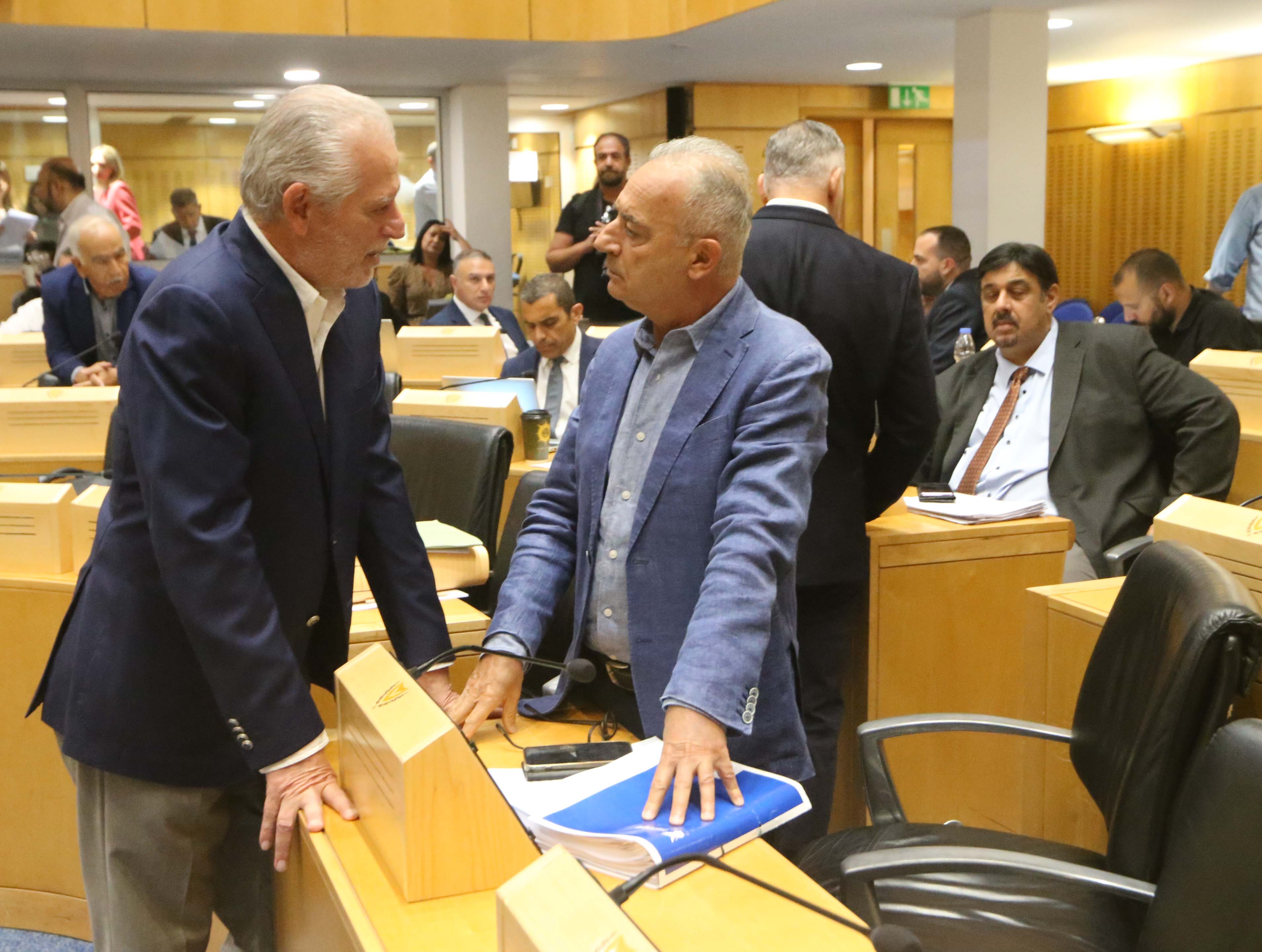Cyprus has passed a major reform of its justice system, after MPs voted through four new laws including the 21st amendment of the constitution.
All MPs present in the House of Representatives backed the bills, except MP Andreas Themistocleous, who abstained.
The changes aim to speed up the delivery of justice and reduce the heavy workload faced by current courts.
The most significant shift is the creation of an independent administrative court of appeal. This new court will handle appeals in administrative cases. As a result, the existing court of appeal will now deal only with civil and criminal matters.
The reform also reshapes the court hierarchy. Two new top courts will operate with separate powers. The Supreme Constitutional Court will oversee the administrative court, the administrative court for international protection and the new administrative court of appeal. The Supreme Court will oversee the district courts, special jurisdiction courts and the court of appeal.
Another key change is the creation of two new top judicial councils. The Supreme Constitutional Judicial Council will be responsible for administrative courts. The Supreme Judicial Council will handle matters linked to civil and criminal justice. Decisions of these councils can be challenged before the relevant appeal court.
The laws also move older cases to new courts. Appeals filed before December 31, 2021 that are still pending in the court of appeal will now go to the Supreme Constitutional Court. Likewise, appeals against decisions of the Supreme Judicial Council will now be transferred to the Supreme Constitutional Judicial Council.
New rules have been introduced for appointing judges to the Supreme Constitutional Court. Judges will now need expertise in either constitutional law or administrative law, rather than both. There are also changes allowing Supreme Court judges to hear certain cases alone, while judges in the administrative court will not be interchangeable.
Disy MP Fotini Tsiridou said her party consistently chooses the path of reforms. She called the package “a reform effort launched years ago so that justice can work more flexibly, correctly, fairly and effectively”. She stressed the need for constant modernisation, describing the bills as part of a long journey of reforms suitable for a European country. She urged all parties to show courage and consistency to rebuild public trust in the rule of law.
Akel MP Aristos Damianou also supported the reform, calling it part of a long process grounded in the constitution, international obligations and the need to uphold the rule of law. But he warned that reforms must not be piecemeal.
He said modern trends in human rights and first-instance jurisdiction should be adopted, as both the public and justice officials suffer from delays. He noted that although a commercial court and admiralty court have been set up, they remain inactive, and he urged the other branches of government to speed up the implementation of these changes.
Diko MP Christiana Erotokritou welcomed the constitutional amendment as a step towards improving the administrative justice system and justice overall. However, she admitted that past reform efforts did not deliver the desired results.
She called on political forces to show unity and genuine will so that meaningful reforms can start, boosting the rule of law and justice in practice.






Click here to change your cookie preferences